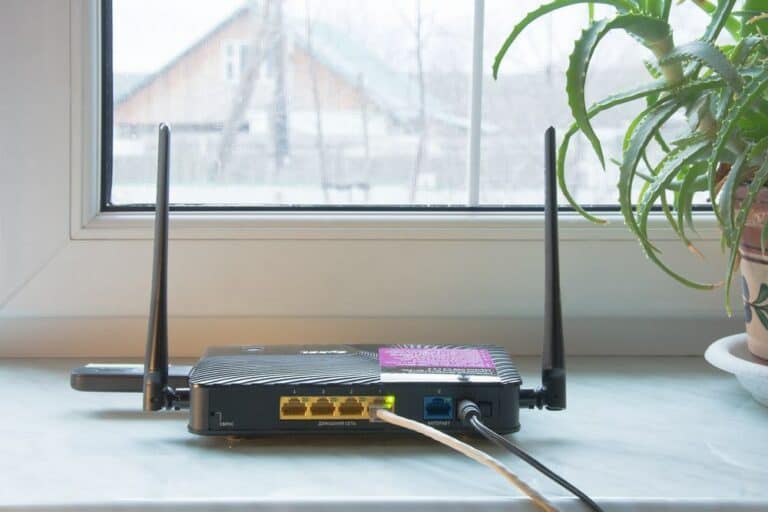According to Dutch internet provider VodafoneZiggo, every customer can now connect their own modem or router. At the beginning of the month, the local market authority found this wasn’t the case. VodafoneZiggo was threatened with large fines for violating router freedom laws.
European regulation requires Dutch Internet providers to help customers connect their own routers or modems. The rules took effect in January. Prior, internet providers had the upper hand. If you wanted to install your own router or modem, the provider was not required to provide support.
Dutch Internet providers are supervised by the Authority Consumer & Market (ACM). The watchdog monitors whether internet providers comply with the new rules. At the beginning of June, VodafoneZiggo was found to be in violation. Some customers were not given router freedom, despite the law.
The ACM imposed an order subject to a penalty. As of 1 July, VodafoneZiggo must pay €12,500 for each day that customers are not given router freedom. VodafoneZiggo recently informed the ACM that the problem has been solved. According to the provider, every Dutch customer now has router freedom.
The ACM assumes that VodafoneZiggo is truthful. The fine will not be collected for the time being. “However, the ACM will continue to monitor reports from end users”, added a spokesperson.
Router freedom
Router freedom is a European initiative. In 2021, the European Commission implemented a directive that requires providers to support the personal routers and modems of customers. The implementation was left to member states. In The Netherlands, the laws took effect on 28 January 2022.
Router freedom is impractical for providers. If a provider can provide every customer with the same model, installation and maintenance costs stay low. If a provider is required to support various routers and modems, more staff and time need to be invested.
The rules are not designed to help providers. The European Commission wants a free market. Brussels attempts to provide every European with fair internet access. For this purpose, the European Commission introduced the Open Internet Regulation.
Why?
The Open Internet Regulation has been in force since 2016. Among other things, the regulation prohibits providers from charging additional costs for the network traffic of specific companies. Without regulation, companies could pay internet providers to make their traffic cheaper than competitors. An end user is more inclined to choose the cheaper option, which distorts the free market.
Router freedom is part of the Open Internet Regulation. If you wanted to sell a router or modem to consumers before 2021, you couldn’t ignore providers. After all, a consumer is unlikely to buy a router or modem if their provider refuses to connect the model.
That’s a problem. When providers get to decide, most routers and modems are produced to favour providers. They value easy maintenance and low prices. The values of end user, such as speed and security, become irrelevant. Router freedom promotes innovation.
Tip: A new, highly sophisticated malware strain threatens various routers
